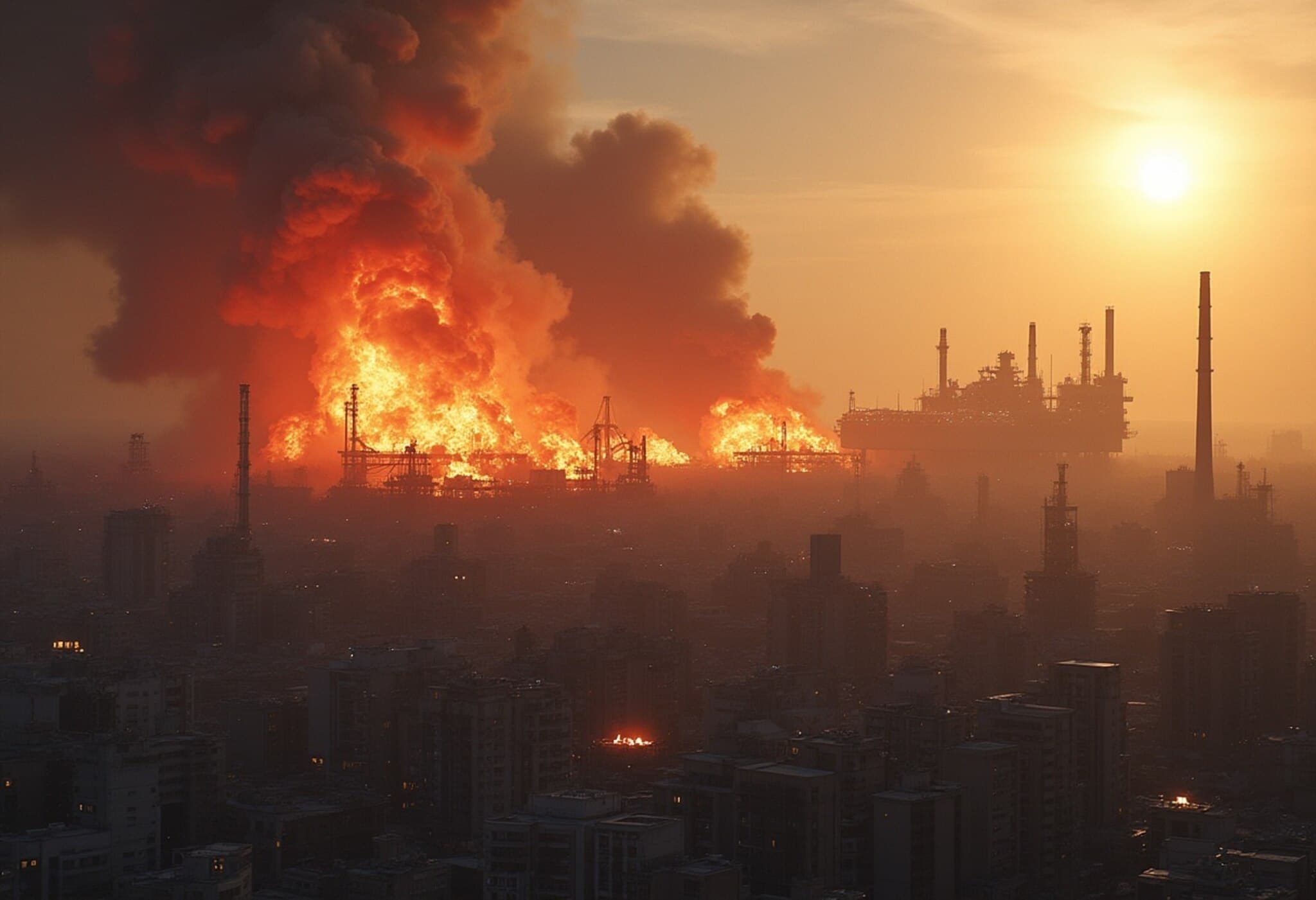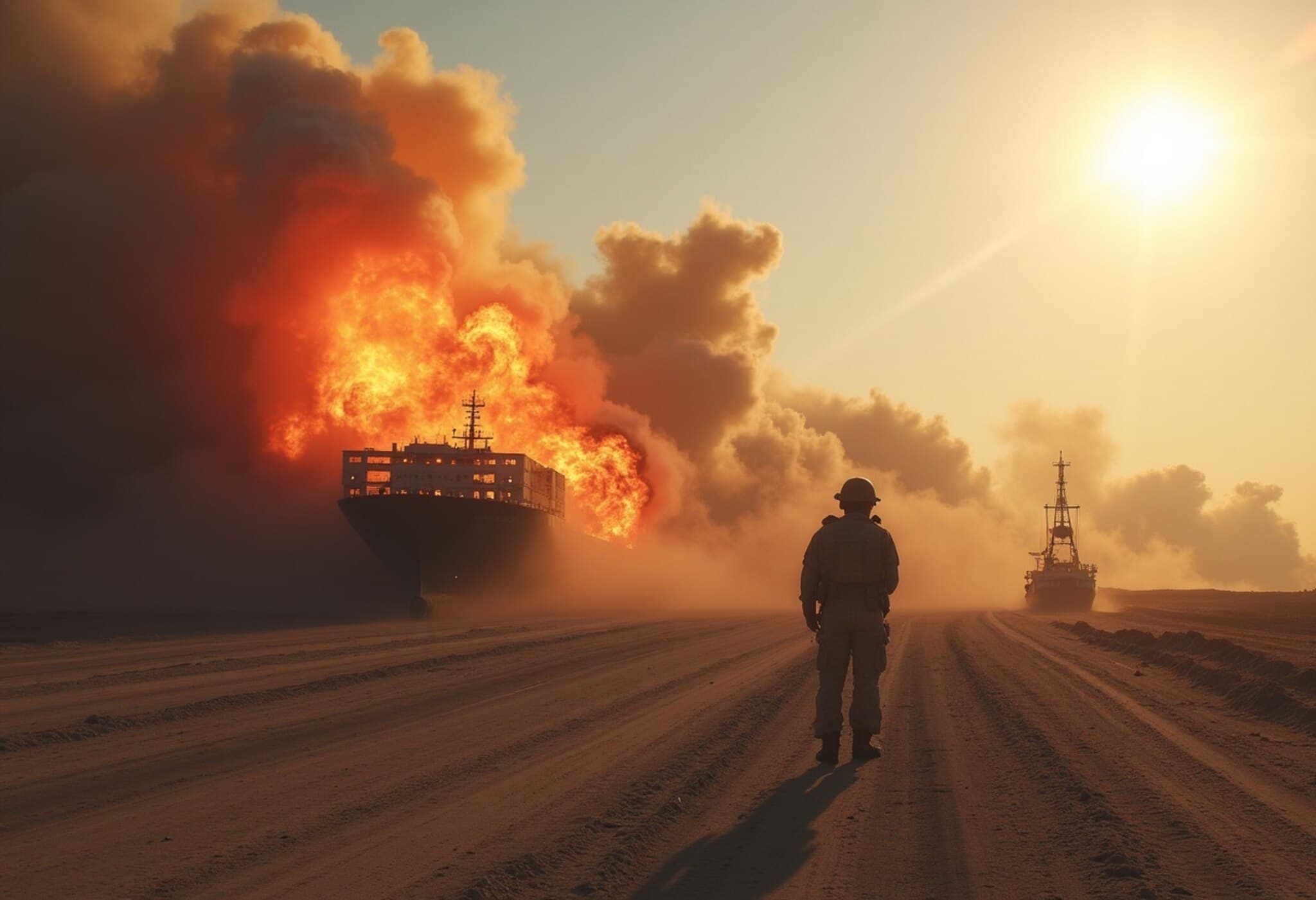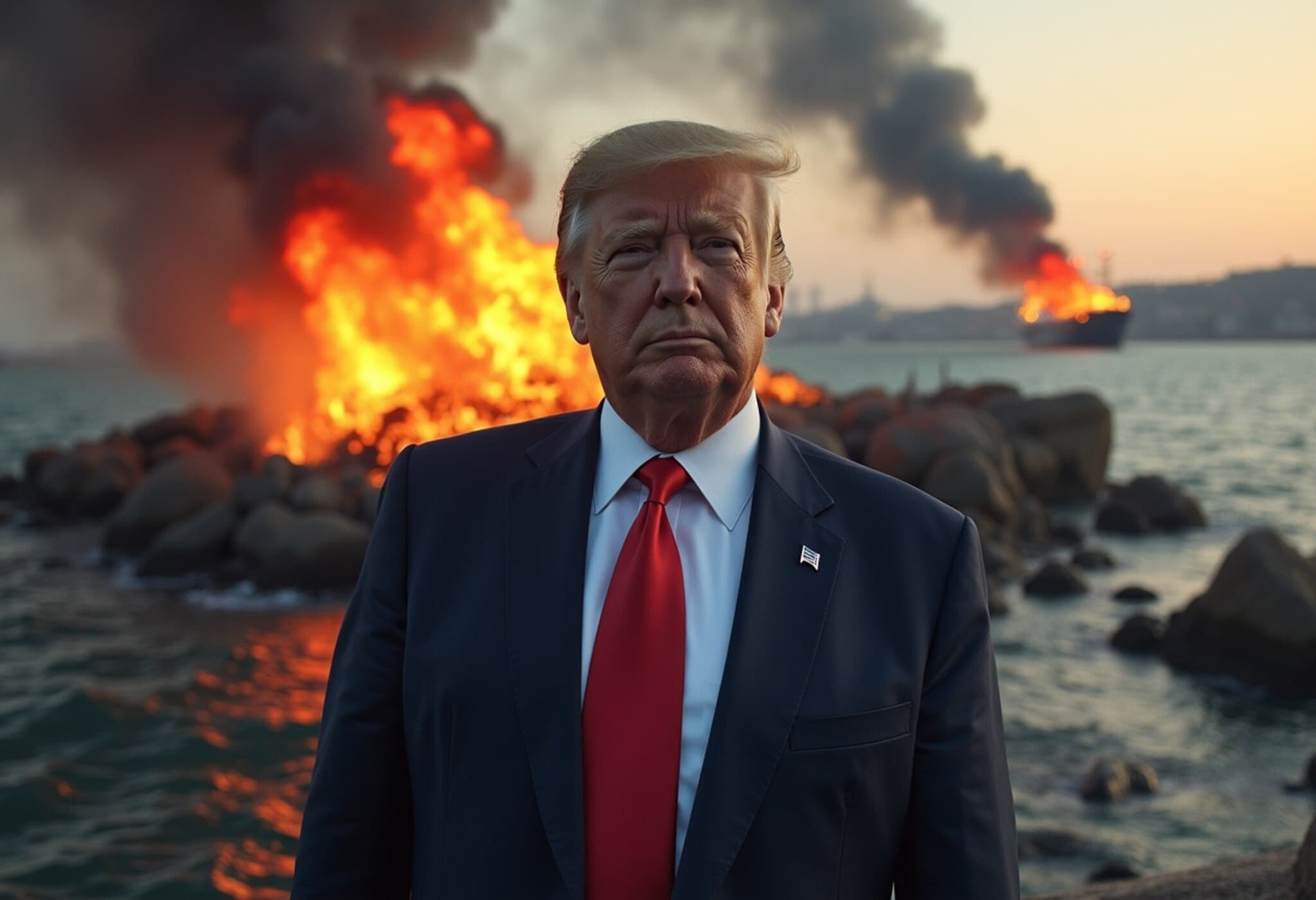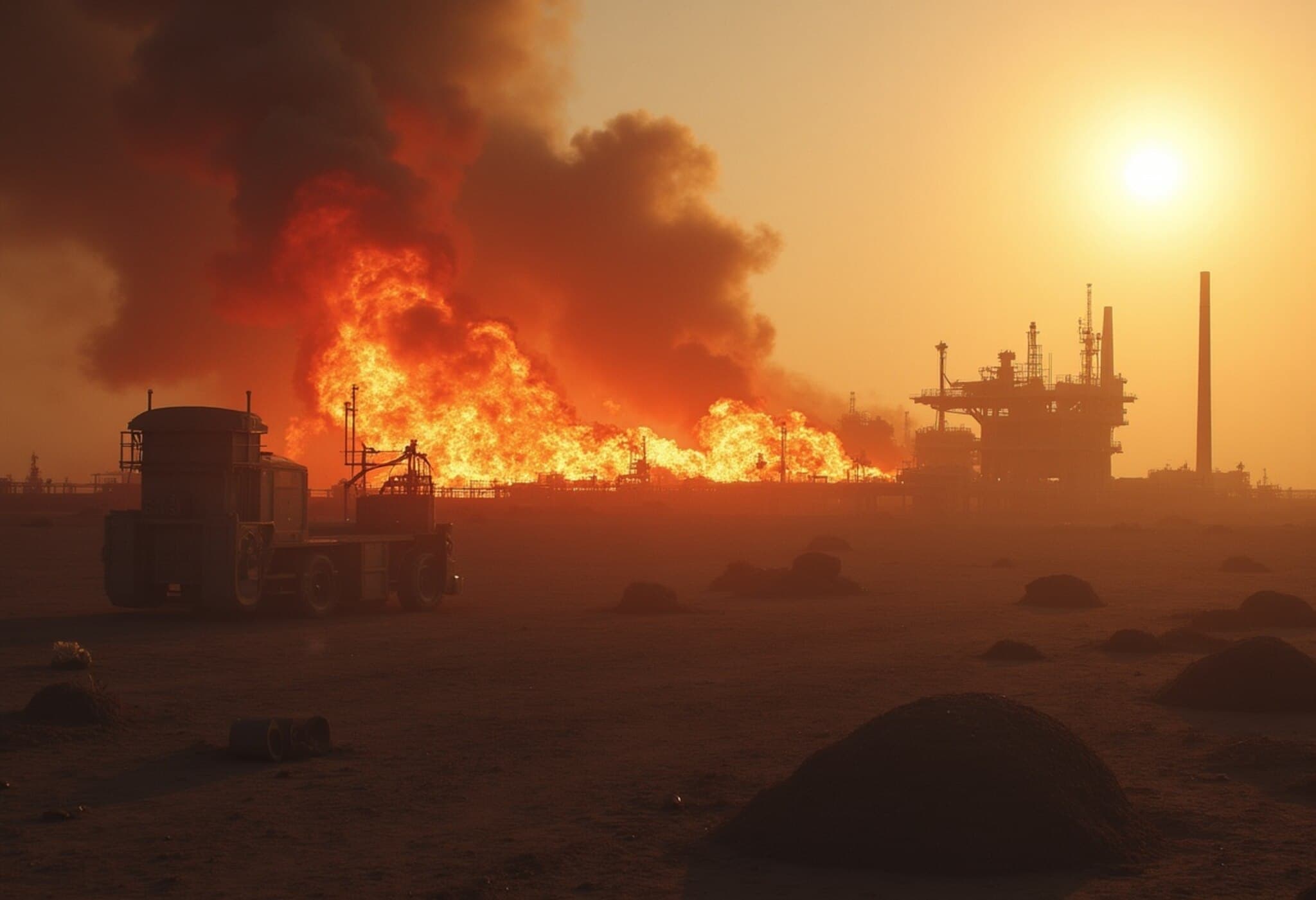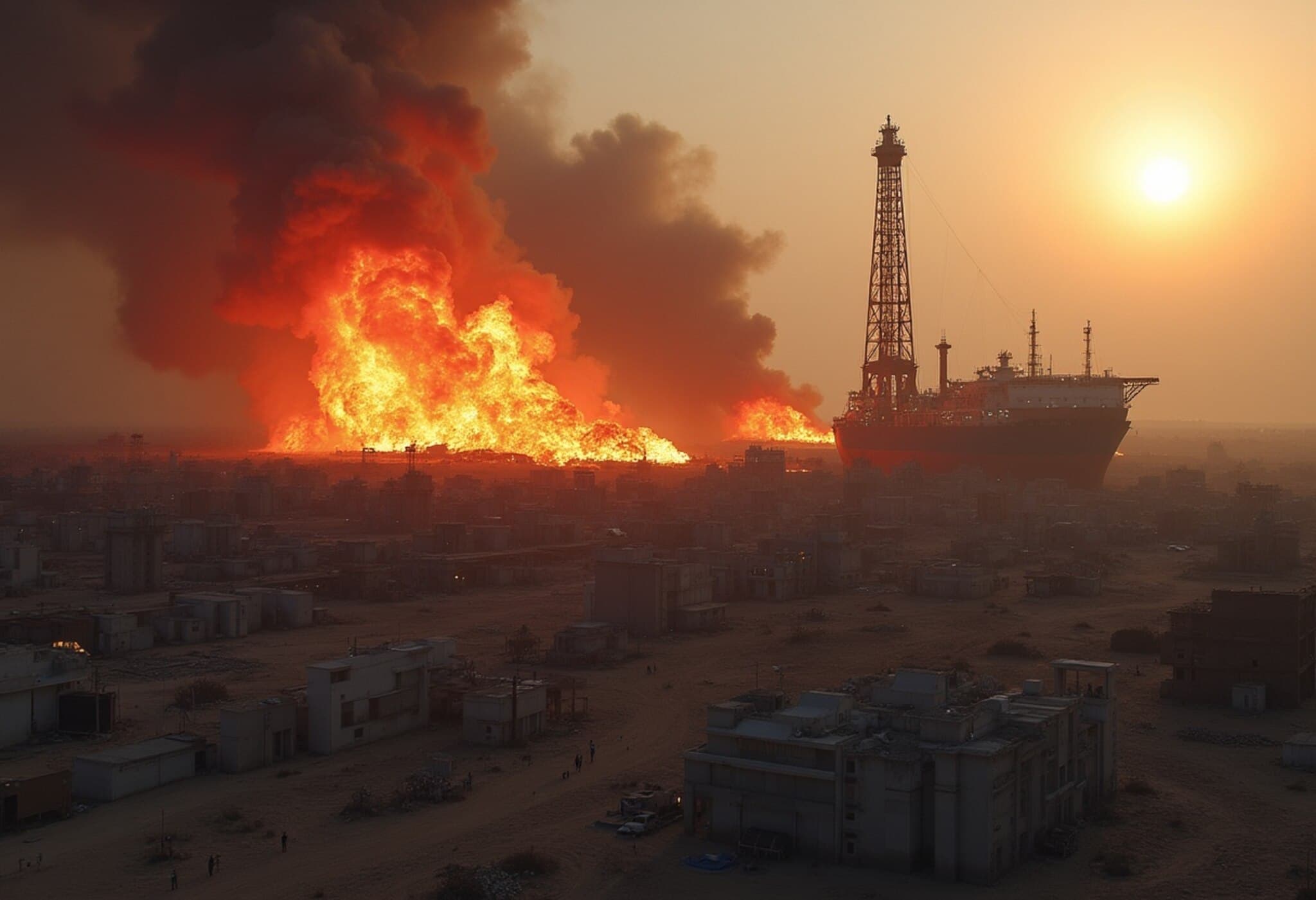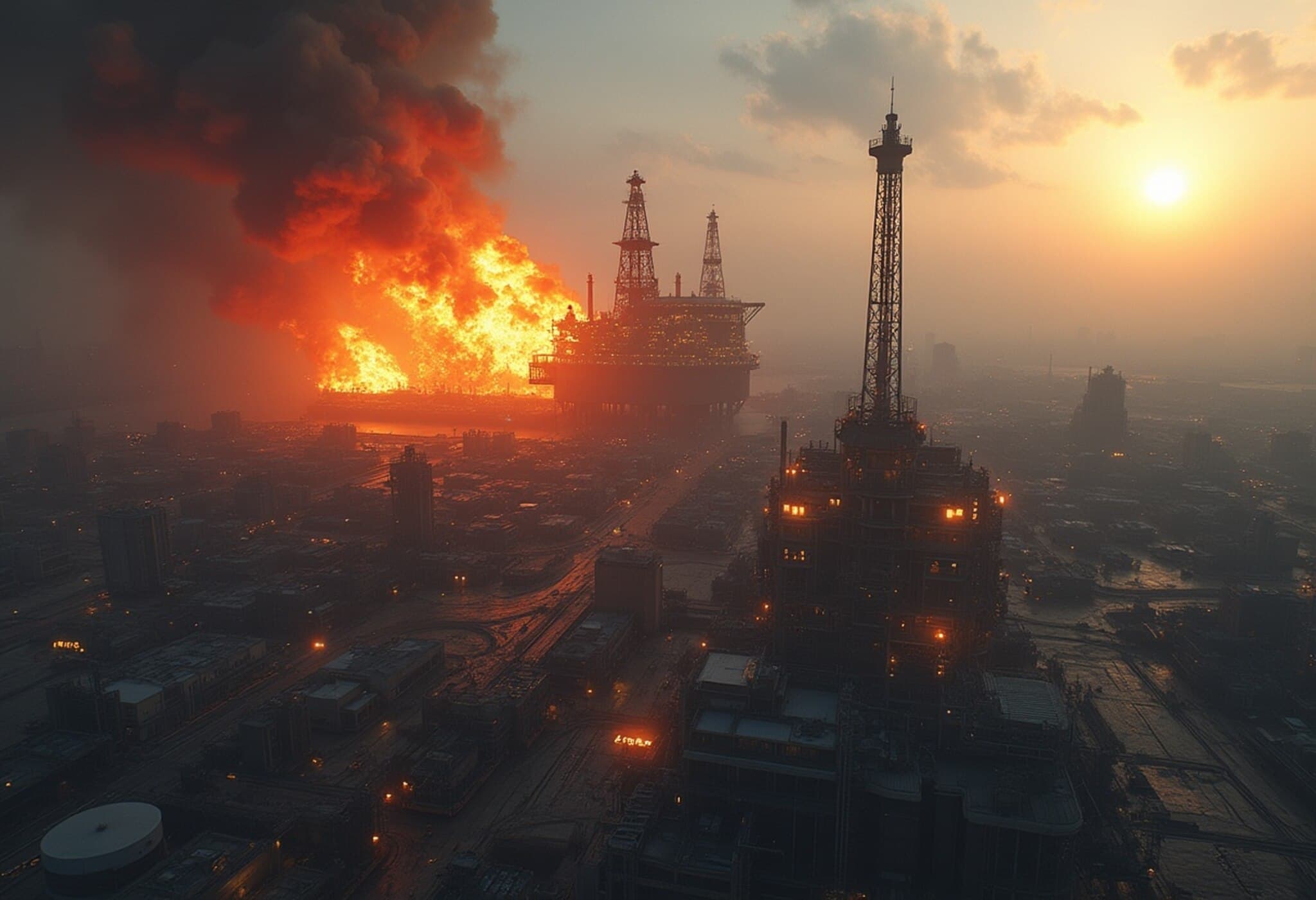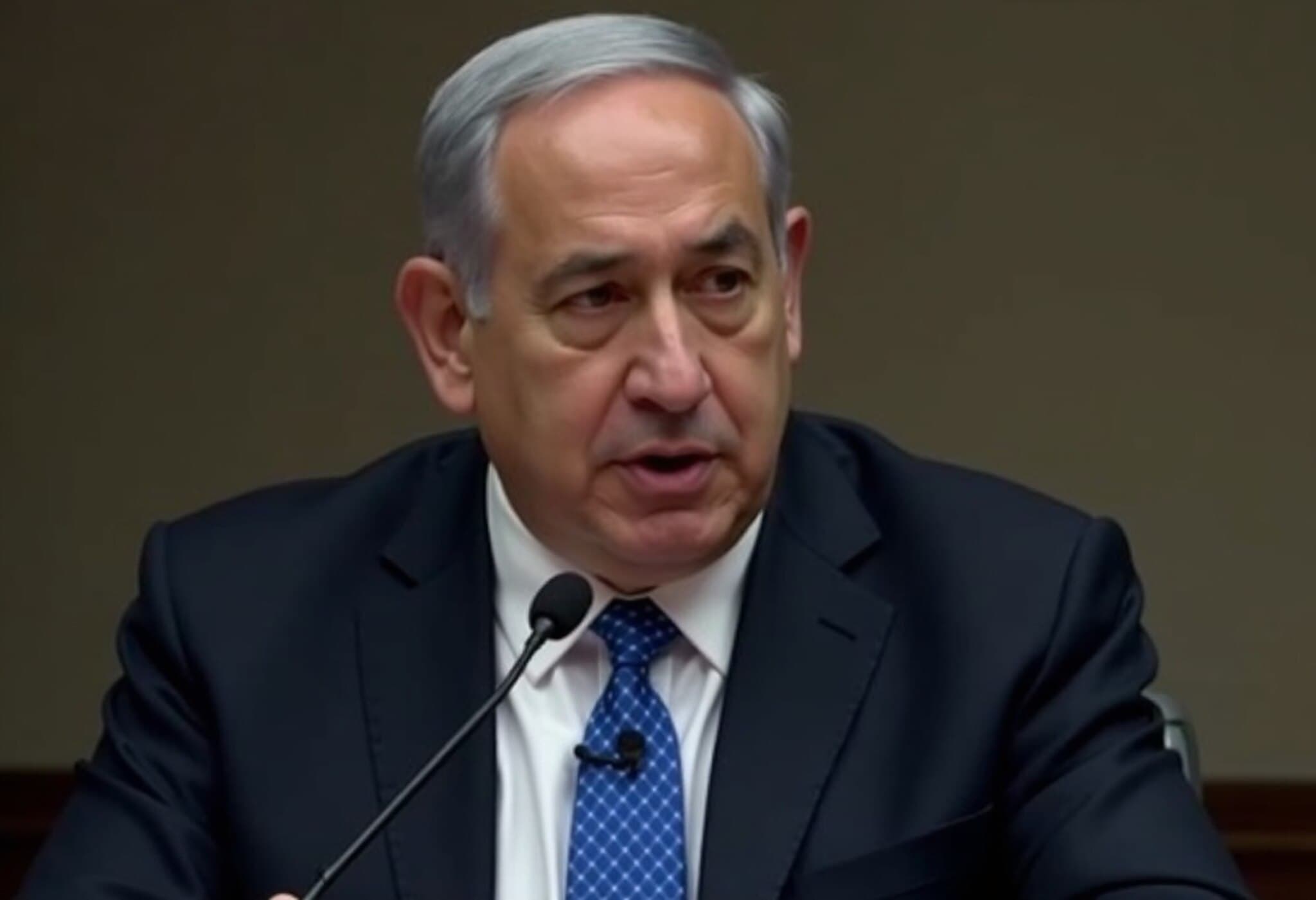Top Energy Leaders Monitor Iran-Israel Conflict but Refrain from Price Forecasts
As geopolitical tensions escalate between Iran and Israel, leading figures in the energy sector are carefully watching developments but remain reluctant to make bold predictions about oil prices. The recent airstrikes targeting Iranian nuclear and military facilities have heightened uncertainty, yet industry leaders emphasize caution over speculation.
Unpredictable Markets Amid Rapid Regional Developments
Speaking at the Energy Asia conference in Kuala Lumpur, Lorenzo Simonelli, CEO of energy technology company Baker Hughes, expressed the challenges of predicting oil prices in turbulent times. He remarked, "My experience has been, never try and predict what the price of oil is going to be, because there's one sure thing: you're going to be wrong."
Simonelli described the past four days as "very fluid," underscoring the fast-moving nature of events. While the company will closely monitor the situation, they are adopting a wait-and-see approach in managing projects amid the uncertainty.
Woodside Energy Highlights Market Repercussions, Warns of Greater Risks
Similarly, Meg O'Neill, CEO of Australian energy giant Woodside, noted the significant immediate impacts on forward prices triggered by the recent conflict. Speaking to market observers, she warned that any disruption to oil flows through the Strait of Hormuz would dramatically exacerbate price volatility.
The Strait, a crucial maritime chokepoint between Iran and the UAE, facilitates roughly 20% of global oil shipments. It remains one of the world's most strategic oil transit routes, linking the Persian Gulf to international waters.
While some reports suggest Iran might close the Strait in retaliation to the attacks, official sources confirm it remains open for now, though vigilance is high.
O'Neill emphasized the inextricable link between geopolitics and energy prices, recalling historical episodes like the oil crises of the 1970s as examples of this dynamic. Nonetheless, she wisely refrained from attempting to forecast oil prices years ahead, noting, "There's many things we can forecast. The price of oil in five years is not something I would try to put a bet on."
Global Watchfulness as Energy Markets React
With tensions simmering and no clear resolution in sight, energy companies are focusing on adaptability and risk management rather than speculative calls. The fluidity of the conflict underscores the complexity of global energy supply chains and the broader implications of geopolitical risks on markets worldwide.
In turbulent times, prudence and steady monitoring take precedence over bold predictions, especially in an industry as sensitive to political upheavals as oil and gas.


